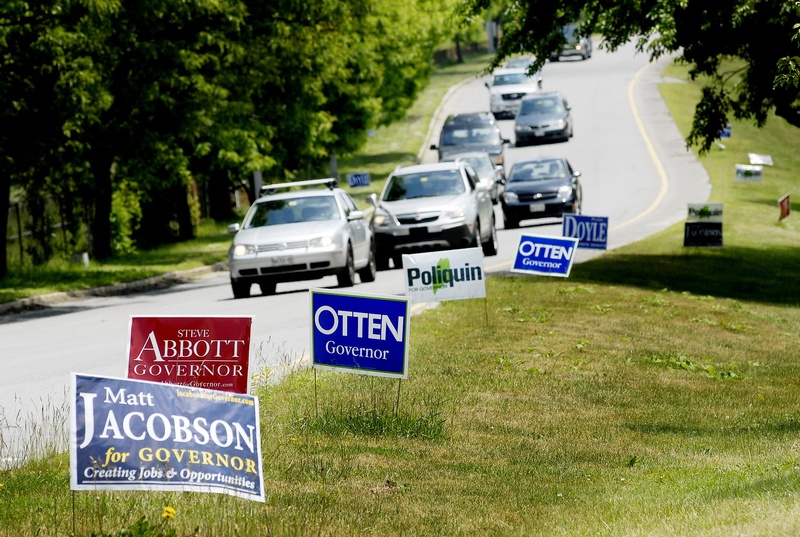The jury is coming back to the room and the verdict doesn’t look good for the Clean Election law.
The number of legislative candidates who want to use the public financing law is dwindling since the Legislature stripped a provision which would be used to protect “clean” candidates from being buried by free-spending traditionally financed opponents. Instead of more than 70 percent of candidates accepting public funds, it will be more like 62 percent this year.
Using Clean Election funds carries more risk than it once did and that is too bad. The Clean Election system has made it possible for more candidates to spend more time talking to voters instead of raising money while they campaign. Undermining the public financing option empowers well-heeled out-of-district and often out-of-state political donors over local voters.
The lawmakers who supported this change to the Clean Election law say they had no choice. The Supreme Court struck down the matching fund provision, calling it an unconstitutional limit on free speech. But Maine lawmakers did not have to make the change they picked, which was the most disruptive choice on the table.
The law could have been amended to let an outspent, publicly financed candidate qualify for more funds. It also could have permitted a candidate in the public system to raise money privately when his message is being drowned out with big expenditures of private money.
Instead the legislative majority picked the worst option, which was just removing the matching fund provision without putting anything else in its place.
The Clean Election allotment is probably enough for most races, but candidates won’t know how much their opponents plan to spend until long after they have to make a commitment.
Matching funds provided more candidates the assurance they needed to make the commitment to forgo traditional fundraising. Without it, it is not surprising to hear that fewer candidates are willing to commit to a system that could put them at a financial disadvantage.
How those who stay with the Clean Election system fare this year will have a big impact on the future of the program. That verdict could finish off a program that has been popular with voters and candidates because it limited the corrosive role of money in politics.
Send questions/comments to the editors.



Success. Please wait for the page to reload. If the page does not reload within 5 seconds, please refresh the page.
Enter your email and password to access comments.
Hi, to comment on stories you must . This profile is in addition to your subscription and website login.
Already have a commenting profile? .
Invalid username/password.
Please check your email to confirm and complete your registration.
Only subscribers are eligible to post comments. Please subscribe or login first for digital access. Here’s why.
Use the form below to reset your password. When you've submitted your account email, we will send an email with a reset code.